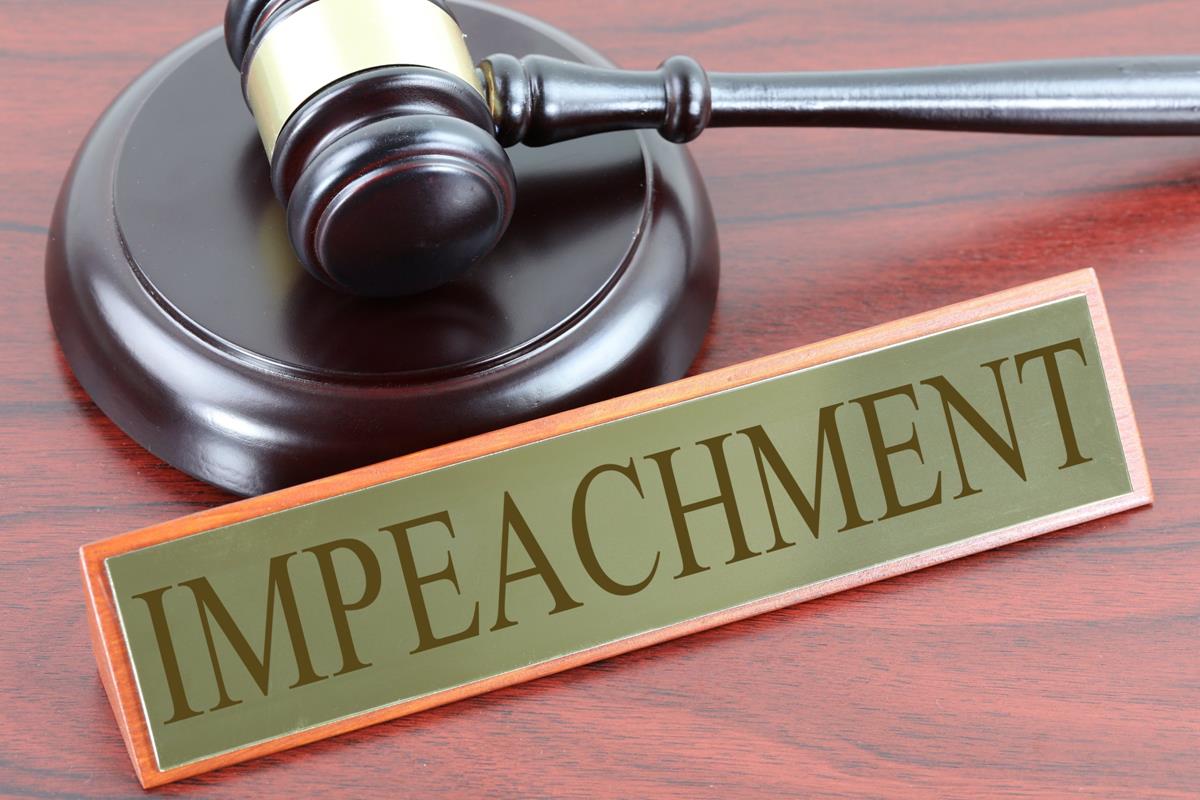One of the most talked-about events since the US Presidential Elections of 2016 is the current impeachment inquiries against President Trump for alleged abuse of power. The object of this articles is not to discuss the current state of affairs, but rather to understand what impeachment is and how the process works.
In the United States, impeachment is the process by which civil charges are brought against a government official, up to and including the President, for alleged crimes committed while in office. It is usually at the discretion of the House of Representatives whether or not the charges are presented, and the Senate’s job is to hold the trial on these charges. It is important to remember that impeachment only means the filing of formal charges, and not necessarily that the President or whichever other federal officials will be removed from office.
In the history of the United States, the House has impeached 19 people, mostly federal judges. Two presidents, Andrew Johnson and Bill Clinton, were impeached, but the Senate voted not to convict either of them. Richard Nixon resigned after the Judiciary Committee approved three articles of impeachment but before the full House voted on them.
What can you be impeached for?
The Constitution states that an official can be impeached for ‘high crimes and misdemeanors,’ an intentionally vague definition that encompasses abuse of power for personal gain, perjury, graft and other acts. It is important to remember that impeachment is a political act, not a legal one, and therefore there are no clear rules for when a President has stepped over the Constitutional line. It is also worth noting that Congress cannot impeach a president simply because they feel he is not doing a good enough job. The offence needs to be severe enough to result in harm to the public.

What is the process of a Presidential Impeachment?
The Constitution lays out only three requirements: The chief justice presides over the Senate trial of a president (but not the trial of any other official); each senator must be sworn (similar to the way jurors take an oath); a two-thirds vote is required to convict on any article of impeachment.
Once the preliminaries are out of the way, the trial takes place under procedures similar to courtrooms. The House managers make an opening statement, followed by a statement from lawyers for the president.
During impeachments of judges, the evidence is generally presented during committee hearings at which the House managers call their witnesses, who can be cross-examined. And then the reverse happens, with the president’s counsel calling witnesses who can be cross-examined by the House managers. The Senate has yet to decide whether, if Trump is impeached, witnesses will be allowed to testify to the full Senate.
There’s no requirement for the president to appear, and he cannot be compelled to testify.
Like jurors in a trial, senators sit and listen. The rules say if they have questions, they can submit them in writing to be asked by the chief justice.
After both sides make their closing arguments, the Senate begins deliberations, traditionally in closed session. The Senate then votes separately on each article of impeachment, which must take place in open session.
Can the President pardon himself if impeached?
The same constitutional provision that gives the president the power “to grant reprieves and pardons for offences against the United States” adds this phrase: “except in cases of impeachment.” It would, therefore, be impossible for any president to pardon himself if the Senate finds him guilty.

What happens if the President is convicted?
He would be immediately removed from office, triggering the 25th Amendment. The Vice President would become president. That would create a vacancy in the office of vice president, so the former vice president would need to nominate someone to succeed him, who would become vice president upon confirmation by both houses of Congress.
Following conviction, the Senate may vote to further punish the individual by barring him or her from holding future federal office, elected or appointed. As the threshold for disqualification is not explicitly mentioned in the Constitution, the Senate has taken the position that disqualification votes only require a simple majority rather than a two-thirds majority. The Senate has used disqualification sparingly, as only three individuals have been disqualified from holding future office.
This is the procedure followed when Nixon resigned. Ford, the vice president, became president and nominated as vice president former New York Gov. Nelson Rockefeller, who was confirmed after extensive congressional hearings.
Can Impeachment be appealed?
The Senate’s decision is final as the governing body has “the sole power to try all impeachments,” per the Supreme Court, meaning that the president cannot appeal its final vote. If we take current circumstances, this will mean that if President Trump is impeached by the Senate and removed from office, that will be the end of the road for his administration, and he will most likely not be allowed to run for office in 2020.

